Honoring National Safety Month with Action and Awareness
At Asphalt Materials Inc. (AMI), safety isn’t just a box to check — it’s a core value that guides every decision we make. As we observe National Safety Month, we’re reminded that behind every hard hat and reflective vest is a person with a family, a future, and a right to return home safely.
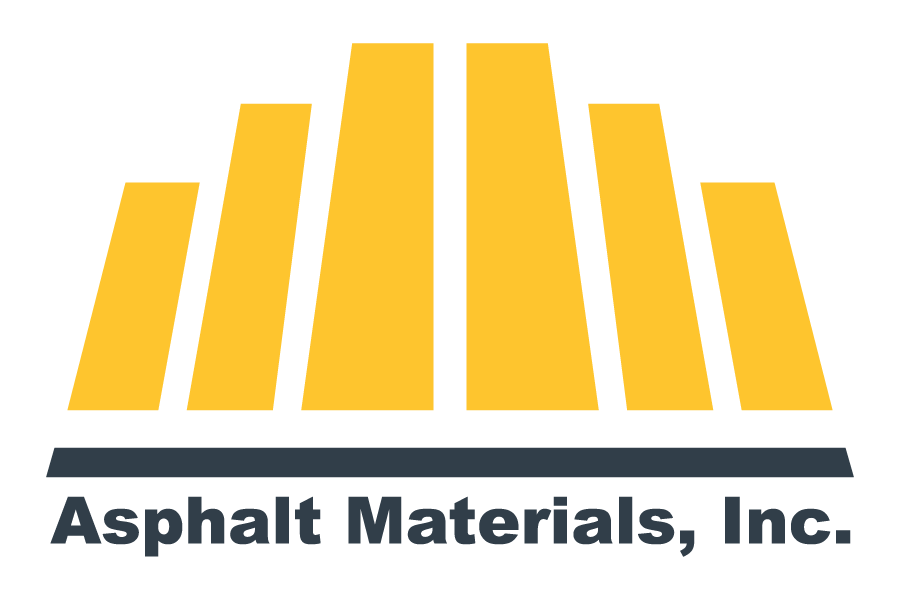
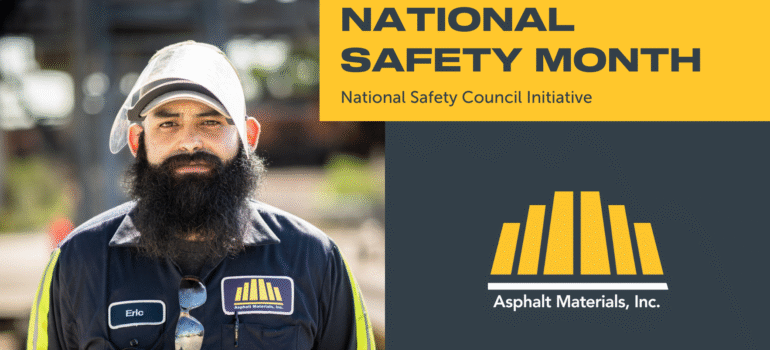
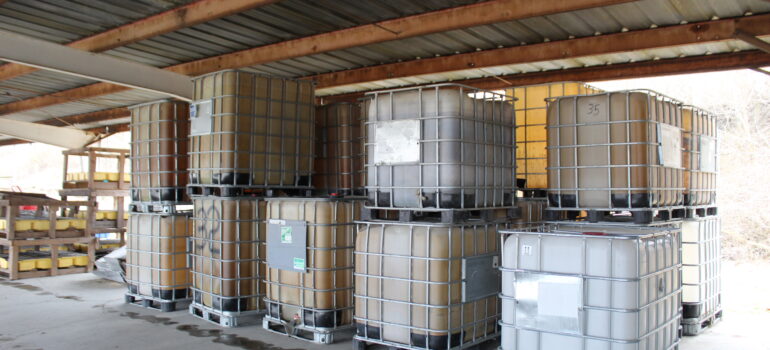
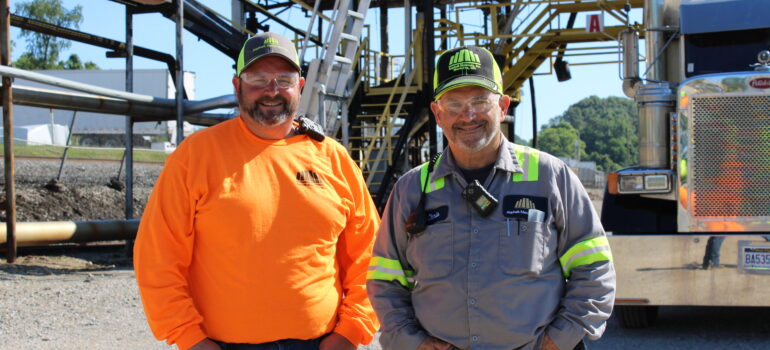

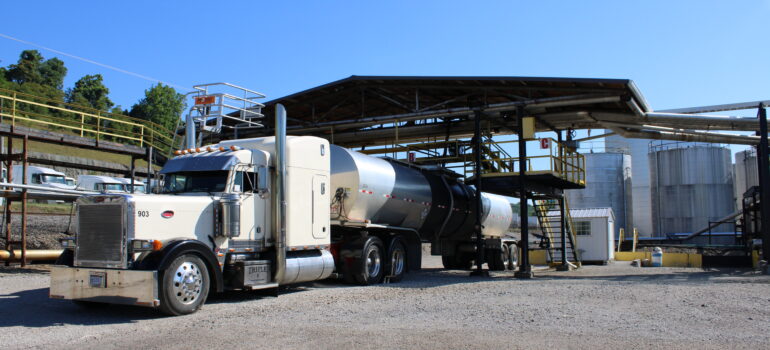



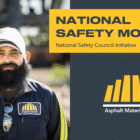
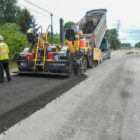
Recent Comments